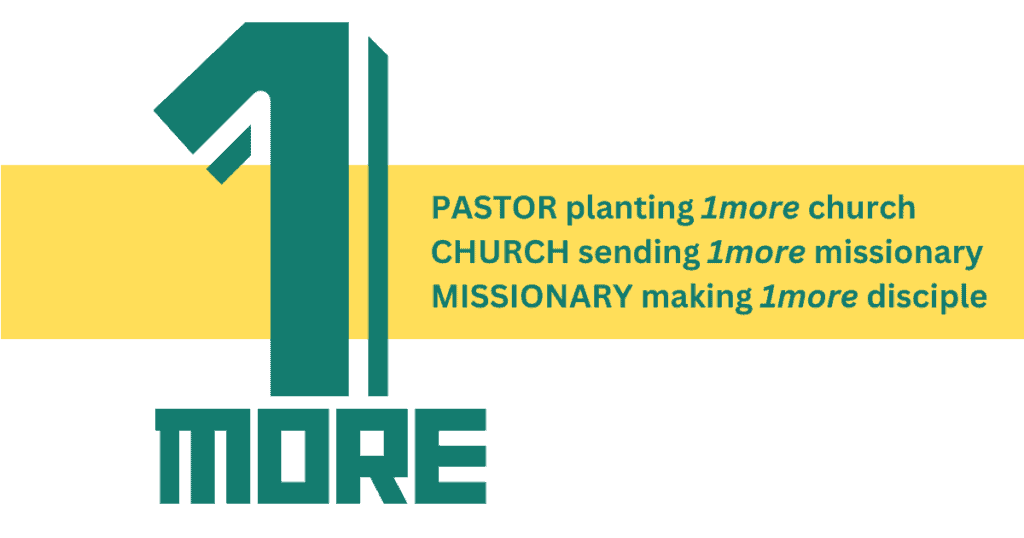Part I: Why
Often we know we need help, but it’s so hard to ask for it, and then once we’ve suffered the consequences, we wished we would have gotten help when we needed it. This three part blog series discusses the WHY, HOW and WHERE to get help. This first blog shows us WHY we need help and the consequences for not reaching out when we should.
Help! It’s something we all need in times of our life. We know it, we experience it, often we are the first to want to help others. But, why is it that when it comes time for us to need help, even when we are most desperate, it’s so hard to ask? Is it because we are afraid of rejection? That if we ask, and no one comes to our rescue, then we feel even worse? Is it that we are prideful? We want everyone to think that we have it all together and we don’t really need the help? Is it that we aren’t sure who to ask, maybe we feel judged, that if we ask for help, we come across as not good enough?
This last one may hold true in our jobs. We may not want to admit to our bosses that we don’t know how to do something. “After all, the expectation when they hired me, was for me to do my job. If I go to my boss and tell him that I don’t know what I am doing, or I need help, then could I get fired?” But without help, we can get burned out. Burn out can cause us to miss a lot of time at work. According to The Balance: Top 10 Reasons for Getting Fired, number 9 is “Taking too much time off”. Number 6 is “Poor Performance”. Both of these reasons are most likely due to burn-out, which could easily be remedied by simply asking for help.
Kronos is a company that provides workforce and human capital management. They, along with Future Workplace, an executive development firm did a survey. Charlie DeWitt, vice president for business development at Kronos, said based on this survey, “Employee burnout has reached epidemic proportions,”
Some statistics, from the American Institute of Stress website and NIOSH (National Institution for Occupational Safety and Health), regarding stress in the workplace include, 40% of workers stating their job is extremely stressful, 25% say their job is their number one stressor, 29% feel extremely stressed at work, 26% admitted feeling burned out or stressed at work. This job stress is causing health, financial and family problems. 80% say they feel stress on their job and nearly half state they need help managing stress, 42% say that their coworkers need help with the same. 14% stated they felt like “striking a coworker”, 25% feel like screaming or shouting, 10% are afraid of a coworker becoming violent, 9% state there has or is assault/violence at their work, and 18% had experienced some type of “threat or verbal intimidation”.
As you can see from the statistics people are getting overwhelmed, burned out, and it’s even leading to violence. They have reported that either THEY or a COWORKER needs help.
Any work, can be stressful regardless of what type. Including Ministry.
In regards to MISSIONARIES and the church, there is not much difference in stress levels and how it’s managed than any other occupation. In comparison here are some statistics with reference to stress in ministry:
These statics relating to missionaries and pastors are astounding. 5,000 US missionaries leave the field due to depression, marriage and family difficulties, conflict with team members and nationals, and lack of spiritual and emotional support. When these missionaries leave the field its costs about $250,000-$400,000 to replace them due their leaving for unresolved personal, family and relationship problems. How can they lead the world for Christ when it’s leadership has 70% of them admitting to not having a close friend they can rely on, ask for help, or talk too? How can they reach the world for Christ when 45% of them are burned out, experiencing depression, and leaving the ministry? What about the 40% that are in conflict with their parishioners? And the 80% of seminary students that leave full-time ministry within 5 years? If they aren’t being taught to ask for help, how to ask for help, and where to get the help, how can the ministry for Christ grow?
The truth is, Missionaries, and Pastors need help at times as well. But also have the fear of asking for it. They have the same fears and reasons as anyone else. They want to appear as though they know what they are doing, they don’t want to put other’s out, and they are afraid that they may look weak. The thought process may be “ I am the one that is supposed to be helping others, not the other way around”. “How can I help someone with their struggles and needs, if I am asking for help with my own struggles and needs?” That’s simple. When you are on an airplane, and they give the instructions for safety. They do not say, go around the plain and make sure everyone has their oxygen masks on, and THEN if you have enough breath left in you, put an oxygen mask on yourself. NO! Why? Because if you did that you would be the first one to die, and would not be able to help others. They ask you to put the oxygen mask on YOURSELF first, so that you can breath and be alive, in order to help others. Basically, we need to take care of ourselves, we need to be able to ask for help, when needed, if we are going to have enough oxygen to help those around us. But, for some in the helping profession, especially those in ministry, they have it the other way around.
Moses learned this important lesson from his father-in-law Jethro, in Exodus 18. Moses was serving as judge at that time, and he had people coming to him the Bible says from “morning till evening”. In verses 14-18 it says, “When his father-in-law saw all that Moses was doing for the people, he said, “What is this you are doing for the people? Why do you alone sit as judge, while all these people stand around you from morning till evening?” Moses answered him, “Because the people come to me to seek God’s will. Whenever they have a dispute, it is brought to me, and I decide between the parties and inform them of God’s decrees and instructions.” Moses’ father-in-law replied, “What you are doing is not good. You and these people who come to you will only wear yourselves out. The work is too heavy for you; you cannot handle it alone.””
This is the first blog in a series of 3. In this Blog we discussed WHY we need help, and what the consequences are for not reaching out for help, in our time of need. The next two will discuss the HOW and WHERE to get help.
CALL TO ACTION:
Think about areas in your life where you need help?
WHY aren’t you getting help? Is it because of one of the reasons listed in the Blog? Or for another reason?
What is holding you back from asking for help?
If you’ve tried asking for help, and you felt rejected, then please try again with someone else.
If you would like to speak to one of our team members, including Christy, please contact H2T for HELP
Here to There Ministries:
[email protected]
Christy Paul, M.Ed, LMHC
Sources:
1.) The balance: https://www.thebalance.com/top-reasons-for-getting-fired-2060732
2.) Employee burnout survey: https://www.shrm.org/resourcesandtools/hr-topics/employee-relations/pages/employee-burnout.aspx
3.) American Institute of Stress website: https://www.stress.org/workplace-stress/
4.) Statistics According to Focus on the Family and Narramore Christian Foundation:
http://www.alongsidecares.net/what-we-do/the-need/statistics

